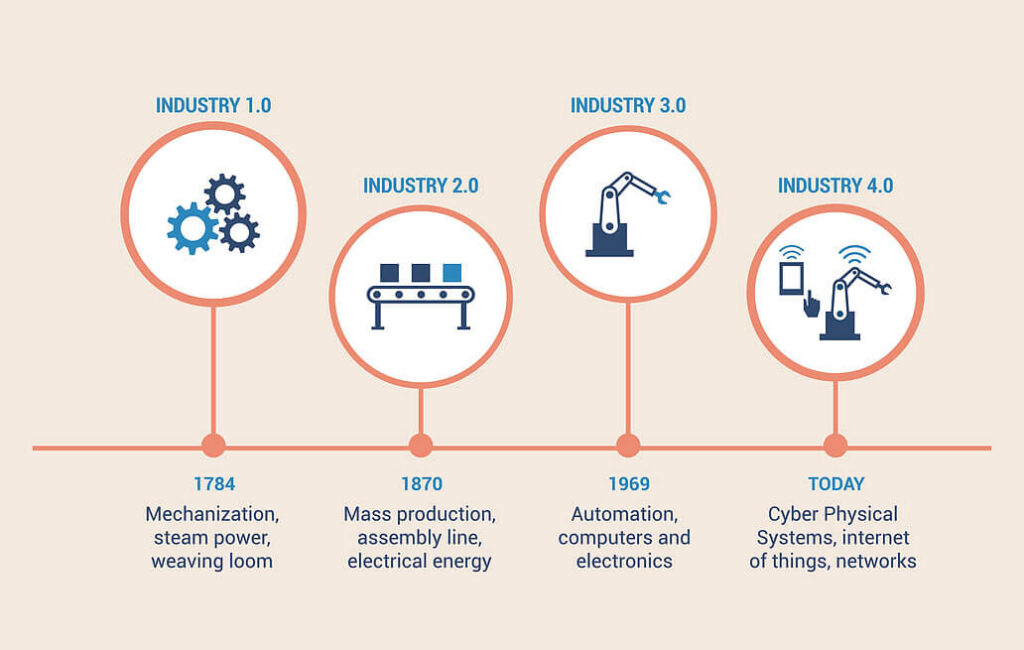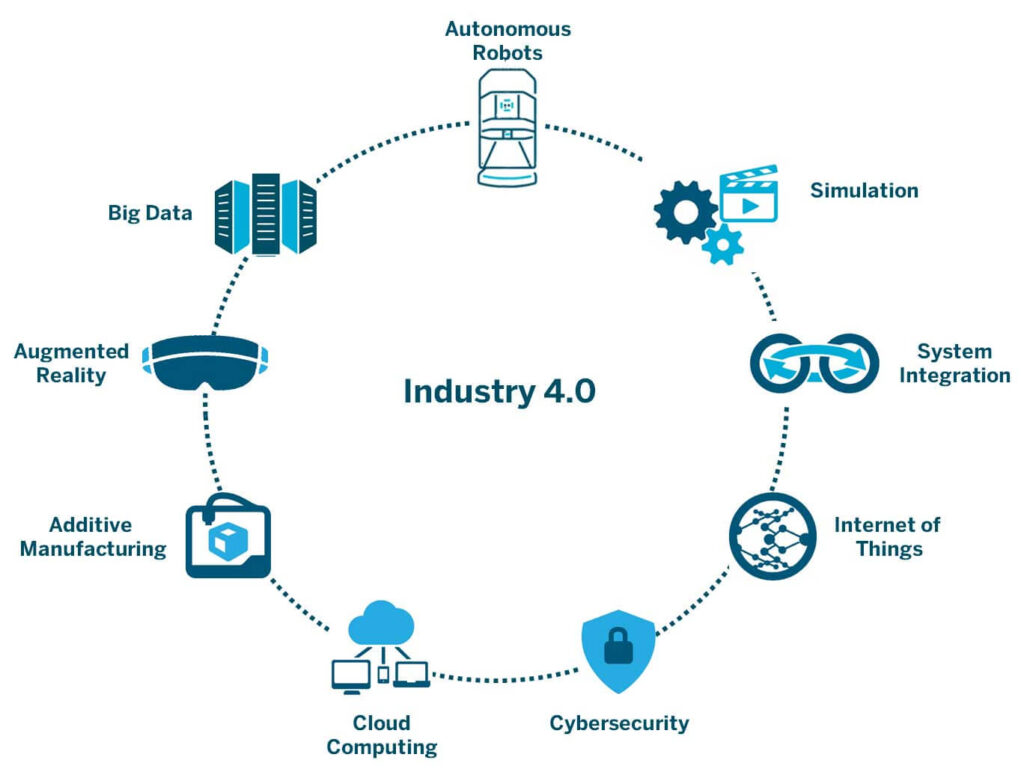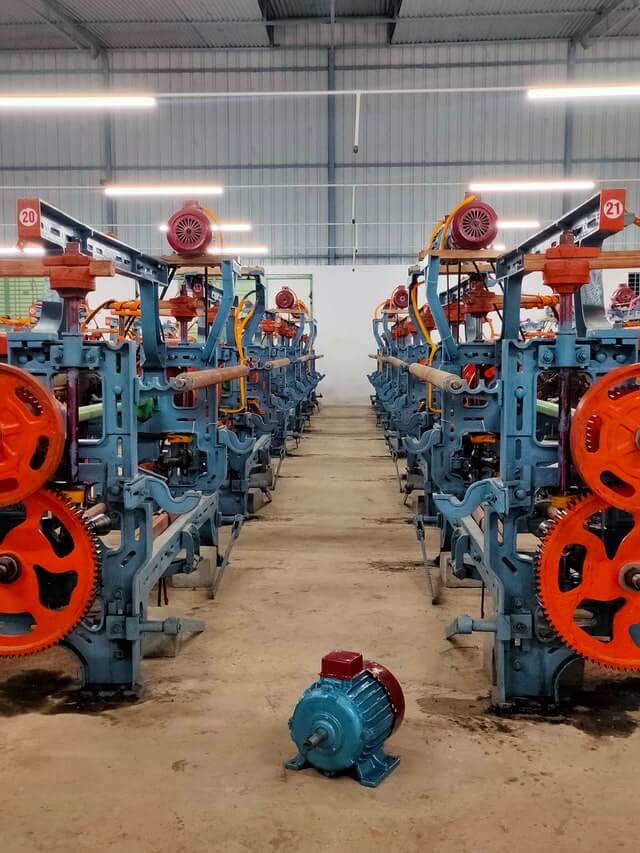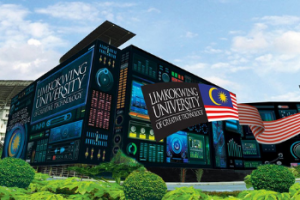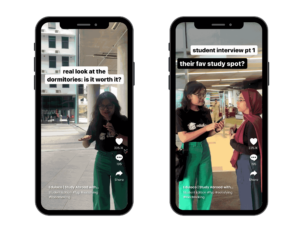Artificial Intelligence
Do you know what Artificial Intelligence (AI) is? To properly talk about the details of AI, we must first introduce the person responsible for its creation. Alan Mathison Turing was a British logician and computer pioneer who began researching artificial intelligence in the mid-20th century. He came up with a computer that can remember everything and reads information step by step. The program’s instructions, likewise, stored in the computer’s memory as symbols, are what ultimately decide what happens throughout the scan.
What is Artificial Intelligence (AI)?
AI is revolutionizing multiple industries and is expected to become even more significant in the future due to its exceptional language comprehension, multitasking abilities, and creative writing capabilities .Here are some of the top AI technologies to watch out for:
- Natural Language Processing (NLP): NLP is a branch of AI that focuses on understanding and processing human language.
- Machine Learning: Machine learning is a type of AI that allows machines to learn from data and improve their performance over time.
- Computer Vision: Computer vision is a branch of AI that focuses on enabling machines to interpret and understand visual data.
Chatbots: Chatbots are AI-powered virtual assistants that can interact with users via text or voice. ChatGPT is currently one of the most popular AI technologies and is set to transform the way we interact with technology. Whether you’re interested in
- Chatbots,
- Virtual assistants,
- Language translation,
- or Content generation
It has the ability to understand natural language, answer questions, complete sentences, and even generate stories and poetry! By understanding what AI is, how it works, and its impact on various industries. You can prepare yourself for the future job industry! Use the resources provided in this article to learn more about AI and stay up to date on the latest developments.
HOW DOES AI WORK?
It’s based on a deep neural network that learns from huge amounts of text data, and it’s used in chatbots, virtual assistants’ language translation, and content generation. Some of its best features include its large-scale language understanding, multi-task learning, and creative generation. If you want to learn more, check out the OpenAI website, read research papers, attend AI conferences, or join online communities.
Once you’ve gained some insight into the fascinating world of AI, you may be inspired to pursue it further and study it at the university level. Not only will it give you a chance to gain a better understanding of AI, but it can also open up a world of exciting opportunities for you after graduation.
If you’re wondering where to start, look no further than our list of top 10 universities for AI. Our article will take you through the best schools for AI, highlighting what makes them stand out and what unique benefits they offer to their students. Whether it’s MIT or Stanford University, each of these schools boasts top-notch AI programs and resources to help you achieve your academic and career goals. So what are you waiting for? Start exploring your options today and take the first step towards a fulfilling career in AI!
Top 10 Universities to Study AI
The list of universities around the world that have the best faculty and technology to study AI is listed below.
1. Massachusetts Institute of Technology (MIT)
MIT is a leader in AI research and offers various programs in AI and machine learning. The school’s Computer Science and Artificial Intelligence Laboratory (CSAIL) is one of the largest AI research centers in the world. Students can pursue undergraduate and graduate degrees in AI and related fields.
2. Stanford University
Stanford is known for its AI research and offers various programs in AI, including a Master’s in Computer Science with a concentration in AI. The school’s AI lab is home to cutting-edge research and technology, and its faculty includes renowned AI experts.
3. Liverpool University
The University is driving the city’s knowledge economy through close collaboration with fellow universities, industry and the NHS, helping the Liverpool City Region compete in the global business world. The University is a globally-focused institution with partnerships throughout the world, including research institutes, universities, governments and industrial organizations.
4. University of California, Berkeley
UC Berkeley’s AI program is interdisciplinary and includes courses in computer science, statistics, and cognitive science. The school’s AI research focuses on areas such as deep learning, robotics, and natural language processing.
5. University of Edinburgh
Caltech’s AI program focuses on research in machine learning, computer vision, and robotics. The school offers undergraduate and graduate programs in computer science with a concentration in AI and machine learning.
6. Georgia Institute of Technology
Georgia Tech’s AI program includes courses in machine learning, natural language processing, and computer vision. The school offers a Master of Science in Computer Science with a concentration in machine learning and provides opportunities for research and collaboration.
7. University of Birmingham – Edgbaston
At the University of Birmingham, research expertise allows for an unusually rich and innovative programs for undergraduate study which enables students to leave ready for a career path in industry or research.
The three-year Artificial Intelligence and Computer Science BSc degree is structured to give students a thorough understanding of the field of computer science whilst providing them with the opportunity to develop a strong theoretical grounding in Artificial Intelligence with many opportunities to put this in to practice.
8. Oxford University
Oxford’s AI program is highly regarded and includes courses in machine learning, robotics, and natural language processing. The school offers a Master’s in Computer Science with a concentration in AI and provides opportunities for research and collaboration.
9. Arizona State University
Arizona State University’s School of Computing, Informatics, and Decision Systems Engineering offers courses in AI and machine learning, as well as an undergraduate degree in computer science with a specialization in artificial intelligence. It also has research initiatives focused on areas such as autonomous systems and natural language processing.
10. Griffith University
Students will have the choice of studying topics such as: Programming Languages, Distributed Computing, Computer Architectures, Algorithms and Operating Systems, Machine Learning, Intelligent Systems, Robotics, Programming for Web, Mobile and Embedded Applications, Scientific Computing, Visualization and Big Data Mining, and Analytics. They can choose between one of two majors and also select from a range of elective courses. In the last year of studies, students will complete a practical project for industry or research placement providing first-hand experience of the knowledge, skills and attributes required to succeed in full-time employment.
Tips on Applying to AI Courses
- Do your research! Not all universities have AI under their Science faculty, you can find this information over on Google and each universities’ website or scroll through World Report & QS World University Ranking.
- Note down the important dates, requirements, numbers, and emails. Each university have different deadlines, requirements, portals, and contact person. Keep an excel sheet nearby to track your university application progress
- Brainstorm with like-minded people. Choosing your degree might feel overwhelming, especially if you want to venture into AI—where it is still an unfamiliar subject to touch upon with your school counsellor. The best way is to talk with people who knows what’s up. You can find them by networking with universities alumni, or expert on the field.
Even better, you can skip all these steps by signing up on Eduloco’s platform here. With Eduloco, you’ll have access to a comprehensive database of universities and programs, as well as instant eligibility assessment and guidance on visa applications and other requirements. Join our community of international students and make your study abroad dreams a reality. Sign up on our website now!




